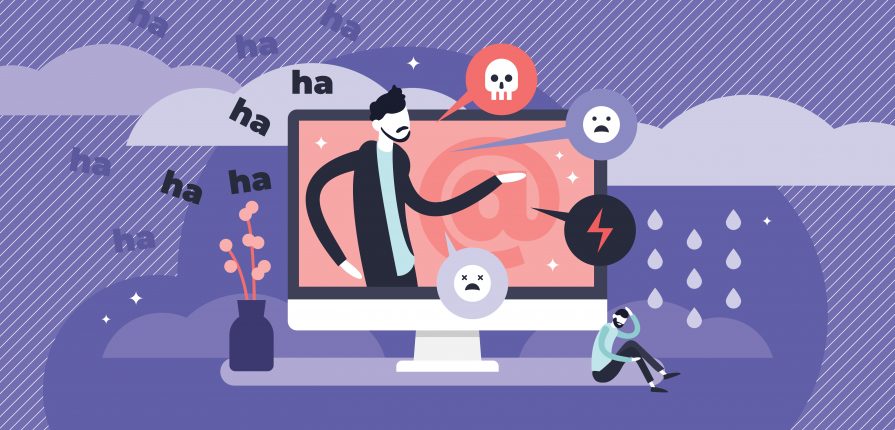NEW ARTICLE: Researchers Kenneth Burns, Olwen Halvey, Fiachra Ó Súilleabháin, Elaine O’Callaghan, and Gabriel Coelho from the University College Cork, in Cork, Ireland, have published an insightful study in The British Journal of Social Work titled “The Social Media, Online and Digital Abuse and Harassment of Social Workers, Probation Officers and Social Work Students in Ireland: A National Survey.“
In today’s digital age, social media plays a dual role in professional and personal lives. While it fosters networking, community-building, and rapid communication, it also enables discrimination, abuse, cyberbullying, and disinformation. Despite the scholarly debate, research specifically on the impact of digital platforms within the social work profession remains limited.
This study involved 379 participants who shared their experiences through an online survey. The findings are concerning: 21.9% reported experiencing online and digital abuse and harassment, mainly on platforms like Facebook, Twitter (now X), and email.
The study explores the prevalence and nature of this abuse, revealing that most incidents were linked to the participants’ professional roles. Abuse originated from personal and work-related social media accounts, online discussion boards, and emails. These findings highlight the urgent need for further research and the development of interventions and support mechanisms to address this growing issue within the profession.
Challenges in Addressing Digital Abuse
Practitioners face particular vulnerability in an increasingly challenging work environment marked by growing inequalities and diminishing welfare services. Social media often becomes a channel for public frustration, manifesting as abuse directed at social workers and probation officers. The study’s data shows that managing and negotiating such online abuse is challenging for these professionals, as it often exceeds acceptable criticism boundaries.
Unlike traditional face-to-face violence and harassment, defining and addressing digital abuse in the workplace is complex. It is difficult for practitioners to articulate the impact of online posts on their welfare, safety, and reputation, and equally challenging for employers to respond effectively. Employers have a duty to provide safe working conditions and protect their staff from threats and violence, including digital forms, while also upholding their employees’ professional reputations.
The study calls for a clear message to social media platforms: the abuse and harassment of social workers, probation officers, and social work students are unacceptable. Despite the challenges, the authors argue that the benefits of social media engagement for these professionals outweigh the negatives if robust measures are implemented to safeguard them against abuse.
The article is open-access and can be found here.

